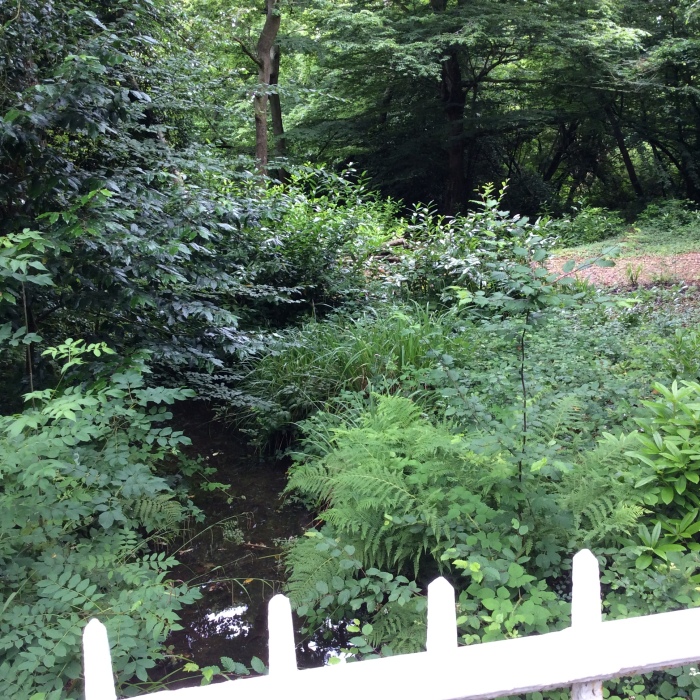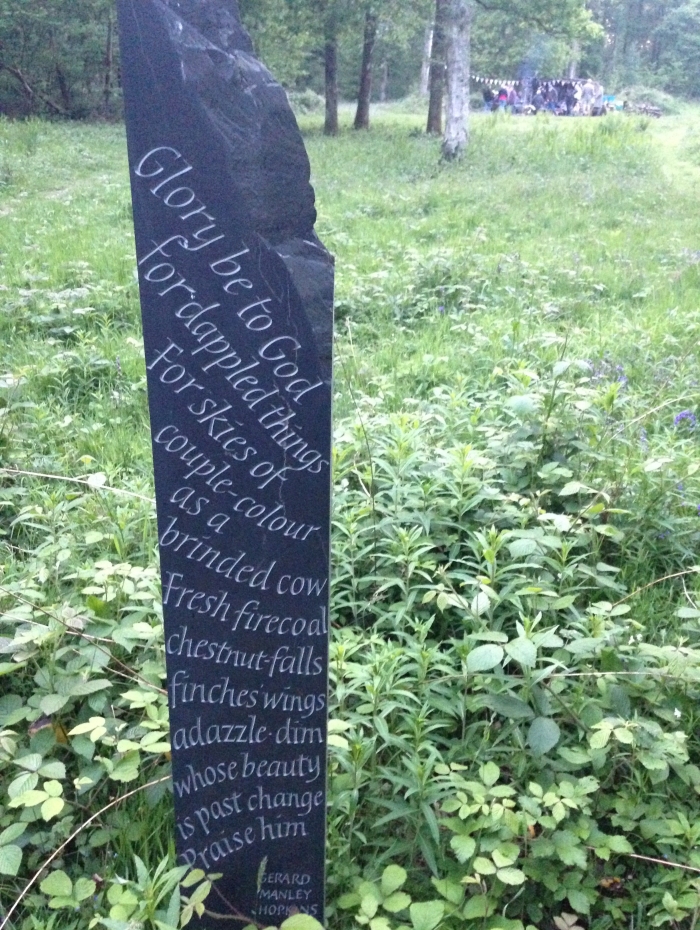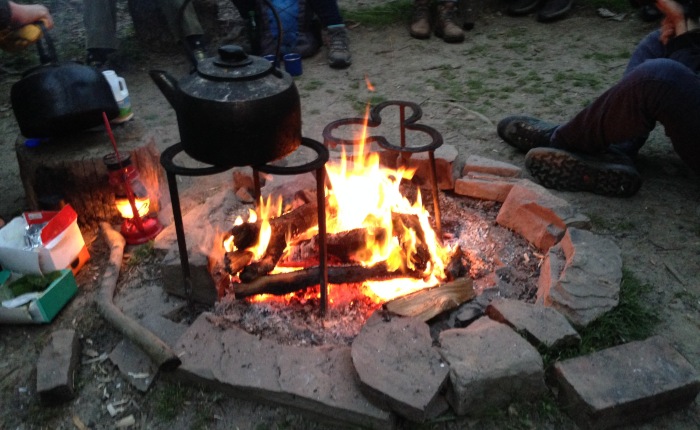On a still, clear May evening in a wood in East Sussex the fire crackles as a group of people, including my daughter and son-in-law, chat together. Why have they come to this secret location at this time of night? Even more strange is that some of them have brought some musical instruments with them? What’s going on?
“The voice I hear this passing night was heard In ancient days by emperor and clown.”
John Keats
In 1924 the BBC played a recording of the cellist Beatrice Harrison playing her instrument with a nightingale in a Surrey garden. She was following an ancient tradition in places like Afghanistan where musicians used to play music with these songbirds.
The group, following in this tradition, are aware of being visitors in unfamiliar territory at a strange time of day. In the stillness all ears are alert and full of expectation. One of the group begins singing quietly followed by a mellow cello playing into the still night air. Soon a bird responds with powerful, melodious voice that carries through the surrounding wood.
Here is a recording made on the actual night: https://youtu.be/akUHqy12O_U
“The nightingale..crowds, and hurries, and precipitates
With fast thick warble his delicious notes,
As (if) he were fearful that an April night
Would be too short for him to utter forth
His love-chant, and disburthen (unburden) his full soul
Of all its music!...”
From ‘The Nightingale‘ by S.T.Coleridge.

Such a magical song ringing through the still night air has inspired poets, singers and writers for centuries. It is entwined in our folklore and national culture. Shakespeare, Milton, Coleridge, Clare, all wrote of this songbird. Keats’ famous ‘Ode to the Nightingale‘ was inspired by a bird singing in his Hampstead garden in 1819.
” ..thou, light-winged Dryad of the trees
In some melodious plot
Of beechen green, and shadows numberless,
Singest of summer in full-throated ease.”
John Keats
This is a sound people will pay good money to hear as they do at Knepp where the very popular nightingale safaris are all booked for this spring. Happily these birds, as so much else, are thriving on the Estate which has over 32 breeding pairs.

Nationally, nightingales have been in serious decline with a catastrophic drop in numbers of 91% between 1967 and 2007. “Beechen green and shadows numberless ” suggest thick woods. Actually the overgrown hedges at Knepp are proving an ideal habitat for these birds rather than woodland as usually thought.
Our loss is mirrored in Keats’ poem with its undoubted spirit of sadness and melancholy. We too lament that we have and still are losing so much of our rich natural heritage.
“Adieu! adieu! thy plaintive anthem fades
Past the near meadows, over the still stream,
Up the hill-side; and now ’tis buried deep
In the next valley-glades:
Was it a vision, or a waking dream?
Fled is that music:—Do I wake or sleep?”
This beautiful dialogue between people and birds intrigues and moves us. Here, we humans, so often the enemy, are joining in with nature on her terms not ours. No, this birdsong is not a dream—that enchanting music can still be heard ‘filling the air with ecstasy‘. Maybe, just maybe, encouraged by the success at Knepp we might see a more widespread return of this disappearing bird here in its traditional territory of southern England.

This delightful text post next to the nightingale wood reminds us of the richness and diversity of our countryside. Everything has its own special place of value, even the varied foliage clustered around the base of this post, hardly noticed but not without its own beauty:
” ….All things counter, original, spare, strange;
Whatever is fickle, freckled (who knows how?)
With swift, slow; sweet, sour; adazzle, dim;
He fathers-forth whose beauty is past change:
Praise him. “From ‘Pied Beauty’ by Gerard Manley Hopkins

Dear Gerard Manley-Hopkins! He says the things I cannot, but often wish to.
Thank you for this special post, Richard. My mother tells me of an evening Corpus Christi service at her church some years ago when they all processed, singing, out of the church at the end of the service and into the rectory garden where they were joined by a nightingale. I used to be able to hear a nightingale from my house when I lived in Halesworth but I only ever hear one now when I visit Minsmere, if I’m lucky. So sad!
LikeLike
I’m glad you used to hear these songbirds in the past, but I can understand your sense of loss. At least you can get to Minsmere to hear them there sometimes. Wishing you some happy listening when you’re next there Clare.
LikeLiked by 1 person
Thank you, Richard.
LikeLike
Thank you, Richard.
LikeLike
You’re welcome Jane.
LikeLiked by 1 person
I was completely entranced by the recording, Richard. Beautiful and with some pathos, given the state of the nightingale numbers.
LikeLike
The BBC made a recording of a similar evening not long ago. A fascinating interaction between us and these lovely birds.
LikeLiked by 1 person